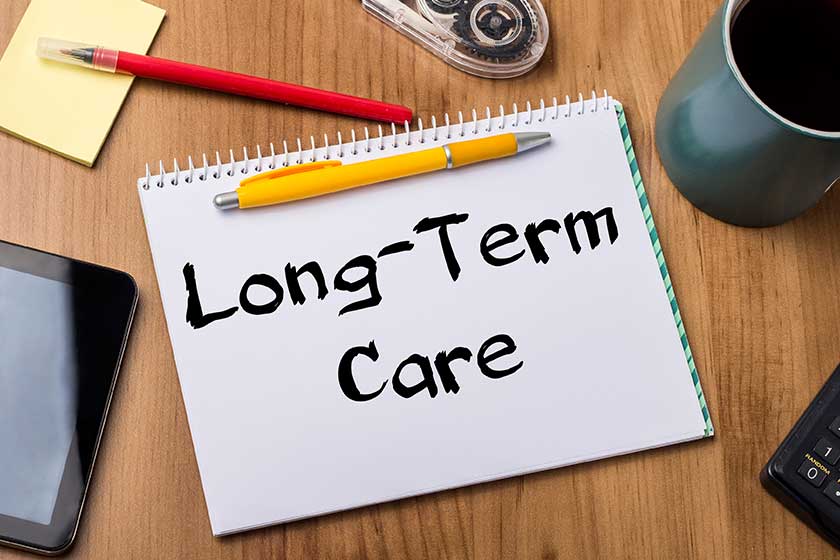As you get older, it’s crucial to think about long-term care. It is not something that should be put off until the last minute. It’s hard to know exactly when you’ll need long-term care or what type of long-term care services will be required, but by starting early and planning as much as possible, you’ll be better prepared for whatever comes your way in your retirement years.
You Can’t Predict the Future, But You Can Prepare for It
You can’t predict the future, but you can prepare for it by having a plan in place that ensures your loved ones are taken care of if they need help with daily tasks or medical treatment.
The best way to protect yourself financially is by creating legal documents such as a will and power of attorney for healthcare. These documents will allow you (and others) access to all bank accounts, investments, and other assets so they can be used as intended when necessary.
Get Educated
The first step in preparing for the future is to get educated. If you or your loved one has been diagnosed with an illness, such as Alzheimer’s or another form of dementia, it’s important to understand what this means and how it will impact your quality of life. A doctor can help explain these conditions and how they may progress over time.
A care manager can also help families understand the options available when choosing long-term care options for seniors. In addition, they can walk them through the steps needed to plan for these expenses and ensure that their loved ones have access to high-quality care when needed most.
Have a Plan Before You Need It
It’s always early enough to start planning for the future. If you have a loved one who is approaching retirement age or is already retired, discussing the possibility of long-term care services with them is essential.
You may think that your parents will be fine without your help, but this could be a dangerous assumption if they end up needing assistance later on in life. The fact is that most people don’t want to consider what life might look like after they’re no longer able to live independently – and even if they do think about it, few people have enough money saved up so that they can afford their own private nursing home or Assisted Living facility (ALF).
The best way around this problem would be to make sure there are provisions in place ahead of time so your loved ones aren’t left alone in their old age when they need help with day-to-day tasks like bathing and dressing.
Consider the Type of Care You Will Need
It’s essential to consider the type of care you will need and where you will receive it. For example, if you or your loved one has a physical disability or illness that requires assistance with basic activities such as eating and bathing, a nursing home may be an appropriate choice for you. If, on the other hand, mental health is declining and causes significant impairment in daily functioning (such as getting dressed or remembering things), then Assisted Living might be a better option.
If your loved one has been diagnosed with dementia or Alzheimer’s, many long-term care options are available today! Some communities specialize in treating these conditions, while others provide services for people suffering from other physical ailments such as Parkinson’s disease or multiple sclerosis (MS).
Conclusion
Long-term care planning is an important aspect of financial planning for retirement and retirement years. You may be surprised to learn that many people do not have a long-term care plan before they need it, or even worse, have yet to learn what long-term care is or how it works.
If you have not taken the time to educate yourself about this subject, it’s time to start learning about what options are available to you now so that when the time comes, you can make an informed decision about what makes sense for your situation.







